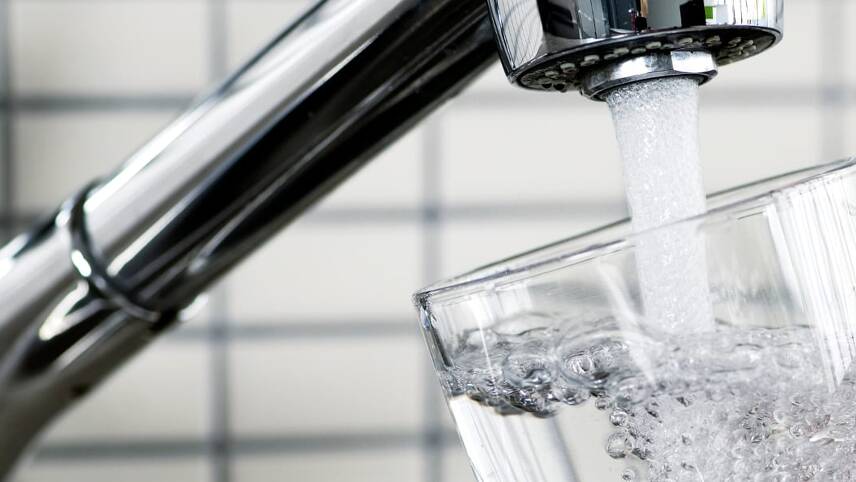You’ve reached your limit!
To continue enjoying Utility Week Innovate, brought to you in association with Utility Week Live or gain unlimited Utility Week site access choose the option that applies to you below:
Register to access Utility Week Innovate
- Get the latest insight on frontline business challenges
- Receive specialist sector newsletters to keep you informed
- Access our Utility Week Innovate content for free
- Join us in bringing collaborative innovation to life at Utility Week Live

Over the last decade the water sector has made excellent progress in supporting financially vulnerable water customers.
That was reflected in the publication of our Water for All report last month, which looked at how the industry was assisting customers in a range of vulnerable circumstances. It showed that at the end of 2019-20 almost 900,000 financially vulnerable households in England and Wales were receiving help through reduced water bills – 28 per cent more than the previous year. The overall value of bill reductions provided amounted to around £150 million.
Water companies are also using a range of other tools such as payment breaks, debt allowance schemes and charitable trust grants to help customers overcome their financial difficulties.
However, there is no doubt some challenges remain.
Companies still struggle to engage with and ensure help gets to the hardest-to-reach customers, while the support available through social tariff schemes can vary considerably depending on where people live.
And because the funding of these tariffs is largely dependent on what other customers are willing to pay through bills they don’t have the capacity to fully eradicate the problem of water poverty.
The outbreak of Covid-19 in March 2020 has only served to exacerbate these challenges.
Companies responded promptly and positively to the pandemic– putting in place a set of common commitments to support customers.
Specific common measures introduced included:
- Actively offering payment breaks or payment holidays for anyone in financial difficulty as a result of Covid-19 (including those companies without existing payment break schemes)
- Ceasing new court applications and all enforcement visits during the lockdown period
- Proactively identifying cash payers unable to make payments due to being unable to leave their house and providing alternative payment options
Since March companies have provided payment breaks to over 80,000 households, helping them through the immediate impacts which lockdown measures were having on their incomes. This – combined with the support measures introduced by government – has helped many customers stay afloat and minimised any growth in debt.
However there remains considerable concern about the longer-term economic impacts of the pandemic. In particular, rising unemployment is expected to fuel an increase in demand for support. We have therefore been working with companies to help them ensure there is capacity in their social tariff schemes to enable them to meet that demand.
We have previously called on companies to reframe their relationship with customers so they are seen as a source of help in times of difficulty. The pandemic has provided the sector with an opportunity to do this and, to date, it has responded very positively. We want companies to build on this good work as they prepare to support customers through the ongoing economic impacts.
The challenges ahead also mean this is the right time to take a fresh look at the sector’s approach to supporting financially vulnerable households. We therefore welcome the decisions by UK and Welsh governments to call on CCW to undertake an independent review of water affordability support, with a view to identifying opportunities to improve the help provided. We will publish our findings and recommendations in spring 2021.
In addition to the research we have commissioned to help deliver the review we are keen to tap into the wealth of knowledge and experience that exists amongst stakeholders and have launched a call for evidence which is open until 15 December. We’ve also been holding discussions with various stakeholder groups.
Please do share your thoughts with us. We would particularly welcome suggestions for creative solutions that can help us to make significant inroads into water poverty.




Please login or Register to leave a comment.